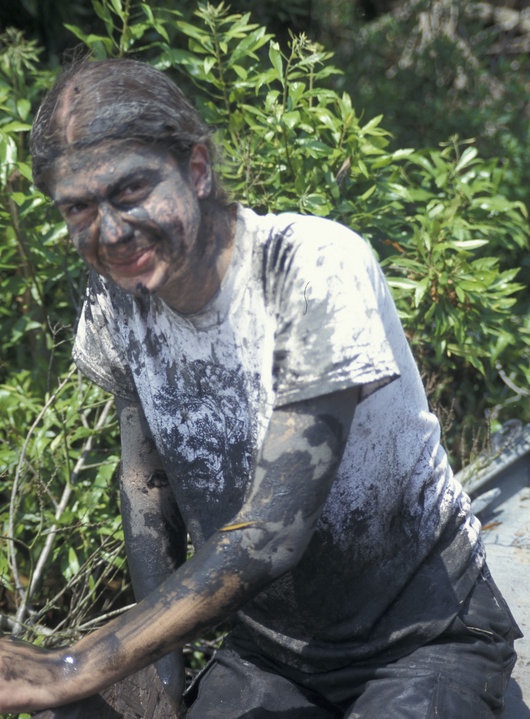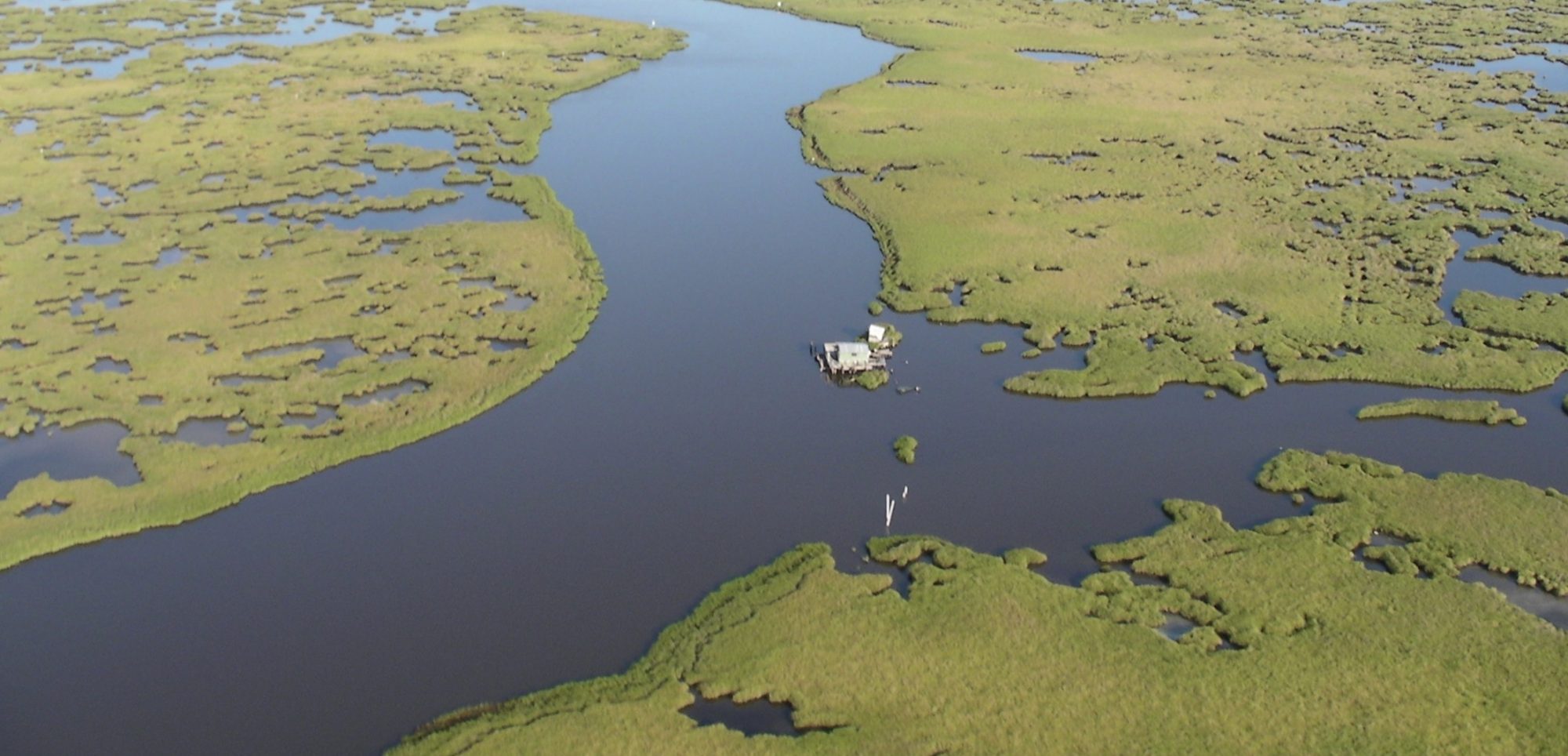
Ph.D. Candidate, University of Minnesota
Conference Travel Grant Type 2 (Society of Wetland Scientists)
Differences in functional genome allocation between aerobic and anaerobic bacteria
“Wetland ecosystems are important players in global biogeochemical cycles both because of their position on the landscape and the prevalence of anaerobic conditions. Despite the important role that soil bacteria play in mediating these cycles, methodological limitations and lack of conceptual frameworks has prevented mechanistic examination of the processes influencing bacterial community structure and function, both in wetland and upland ecosystems. Recent advances in molecular techniques have allowed detailed observation of patterns evident in natural bacterial communities, such as global patterns of biogeography and changes in diversity with latitude and edaphic conditions; however, wetland ecosystems are frequently unrepresented in these datasets. Current research in microbial ecology seeks to develop a mechanistic understanding of the relationship between community structure and function along these gradients. One such recently developed approach uses whole-genome comparisons to determine the ecological strategy of a bacterial isolate in order to establish links between organism-level strategies and ecological effects. These whole-genome approaches have used COGs (clusters of orthologous groups) and COG-like functional gene groupings to examine ecological strategies in both marine and soil environments, respectively. One advantage of the whole-genome allocation approach is that it can be applied to communities by using metagenomic data and hence can address impacts of shifts in community structure on function at a larger scale. Here I compare variation in genome allocation between aerobic and anaerobic bacteria to evaluate the potential to apply these recent knowledge gains from predominately aerobic ecosystems to wetlands and examine which functional gene groups are most responsible for any such differences in order to inform future research.“
